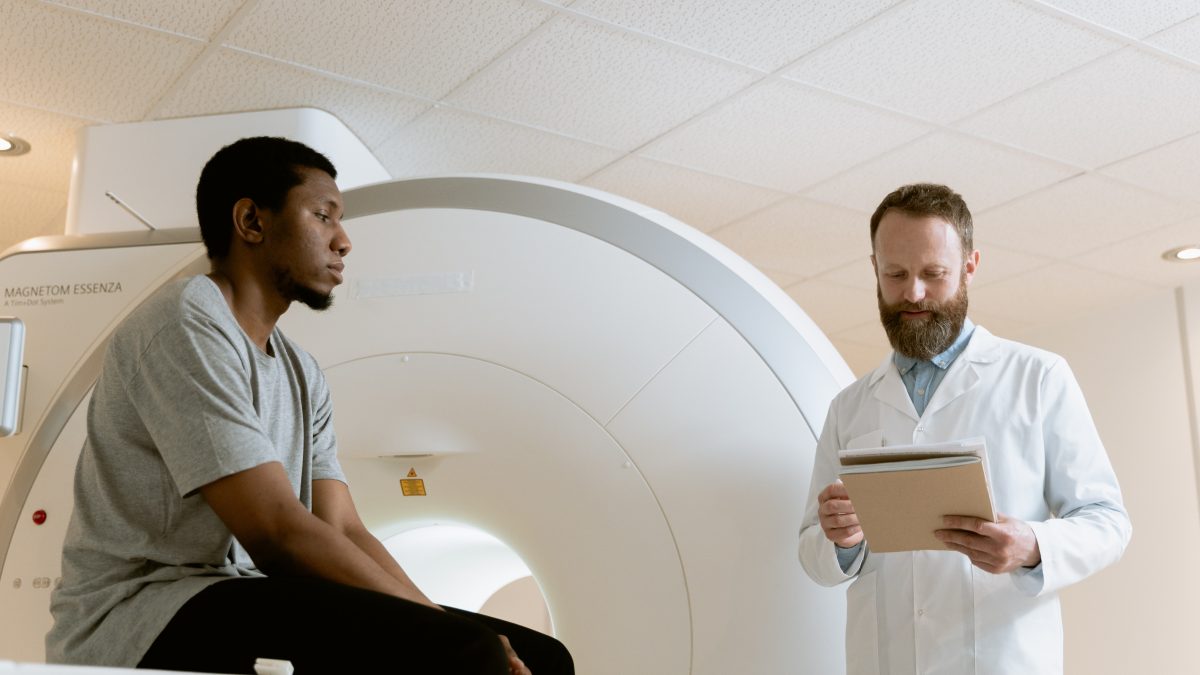Numerous studies have placed medical students at a much higher rate of burnout and depression than their peers who are pursuing different careers, and this constant stress can carry forward in residency. Burnout among medical students has been linked to a 20% increased risk of alcohol abuse or worst, thoughts of suicide, to the point where students consider dropping out of school. Not to mention, burnout and mental distress lead students further down the rabbit hole, resulting in a lower performance on standardized assessments, increase in medical errors, misconduct, reduced empathy and sub-optimal patient care and professionalism. As a result, medical students fail to reach their true potential, which in turn threatens their professional development.
Challenges and Rigors of Medical School
A popular reason for mental distress in medical students is the tendency to view their performance—whether academic or professional—as a measure of their value and worthiness. Most students start thinking along the lines of “I’m a bad doctor and a bad person”, if they make the slightest mistake. The transition to medical school is especially tougher for students who were accustomed to performing well on exams and mastering all material presented to them before entering a medical school. Such students set the bar so unattainably high for themselves that they ultimately lose all confidence in their abilities in the aftermath of smallest drawbacks. As such, they are no strangers to thoughts of imperfection and self-blame, which culminates into guilt and shame, often adding substantially to personal distress. Let’s assume that a student failed their first anatomy exam. They would be visibly shaken if they have never before performed poorly on an exam before.
Most students feel overwhelmed with the amount of material presented and the lack of time to “memorize” everything. This is a very real concern with medical students when you factor in the exposure to a stressful curriculum, which places significant demands on the student in terms of the volume of work, the never-ending tests/exams, the complexity of learning the practice of patient care, and lack of time to complete tasks, coupled with high parental expectations. Nobody can deny that medical school curriculum is a tough nut to crack. Most students start studying from as early as seven in the morning. The ward is a whole different story. Medical students are exposed to patients’ distress, terminal illness and death. And then there is lots of work to read. The first time you lose a patient, the first time you see breath leave someone, can be emotionally traumatizing for a lot of students.
In addition to academic and emotional stressors, students also experience other forms of distresses such as poor work-life balance, possible humiliation and bullying during placements, issues with supervising consultants, high degrees of fatigue, lack of sleep and the pressure of molding themselves into the perceived cast of a professional! All these stressors can pile up to a level where students start to think about calling it quits, or worst, harming themselves. To make matters worse, students don’t have peers or professionals that they could easily turn to for help. This leaves them feeling really isolated in their struggles.
The Role of Psychological Counselling in Medical Schools
Medical schools are morally and ethically responsible for addressing the mental and physical well-being of their medical students. Since medical school is a stressful and challenging time in the academic career of physicians and these stressors can affect an individual throughout the years of practicing medicine, medical schools should inculcate an awareness in medical students about mental health symptoms, their early identification, and the need for timely intervention. Research has shown that preventative efforts could decrease distress and the need for treatment, as well as reduce stigma over utilizing mental health services. This is why, Caribbean medical schools should ensure availability of effective and accessible medical student mental health services, and take steps to reduce the risk of burnout and depression among their students.
Psychological Counselling in WUSOM
We realize that cost and time constraints are the biggest barriers to actually seeking the help that many students need, which is why we aim to make mental health care more equitable, accessible and responsive for all our students. WUSOM has trained staff on-hand to provide free-of-cost psychological care and mental health services to students, residents and fellows. In order to reduce stigma associated with mental health, every medical student gets to meet with a counselor confidentially. Our student mental health service provides individual counseling and psychotherapy, as well as group counseling, psychotherapy and crisis intervention during psychological emergencies and post-disaster. Issues we may be able to help with include the following:
- Anxiety and stress
- Substance abuse
- Depression
- Loss and grief
- Burnout
- Career uncertainty
WUSOM will continue to help our medical students learn how to better care for themselves in the midst of their academic work, clinical training and life, in general, and find ways to improve the metal health of all our students! We believe that when medical students learn to pay attention to their mental health, they will be in a better position to care for others, which will subsequently result in positive outcomes for patient care!







